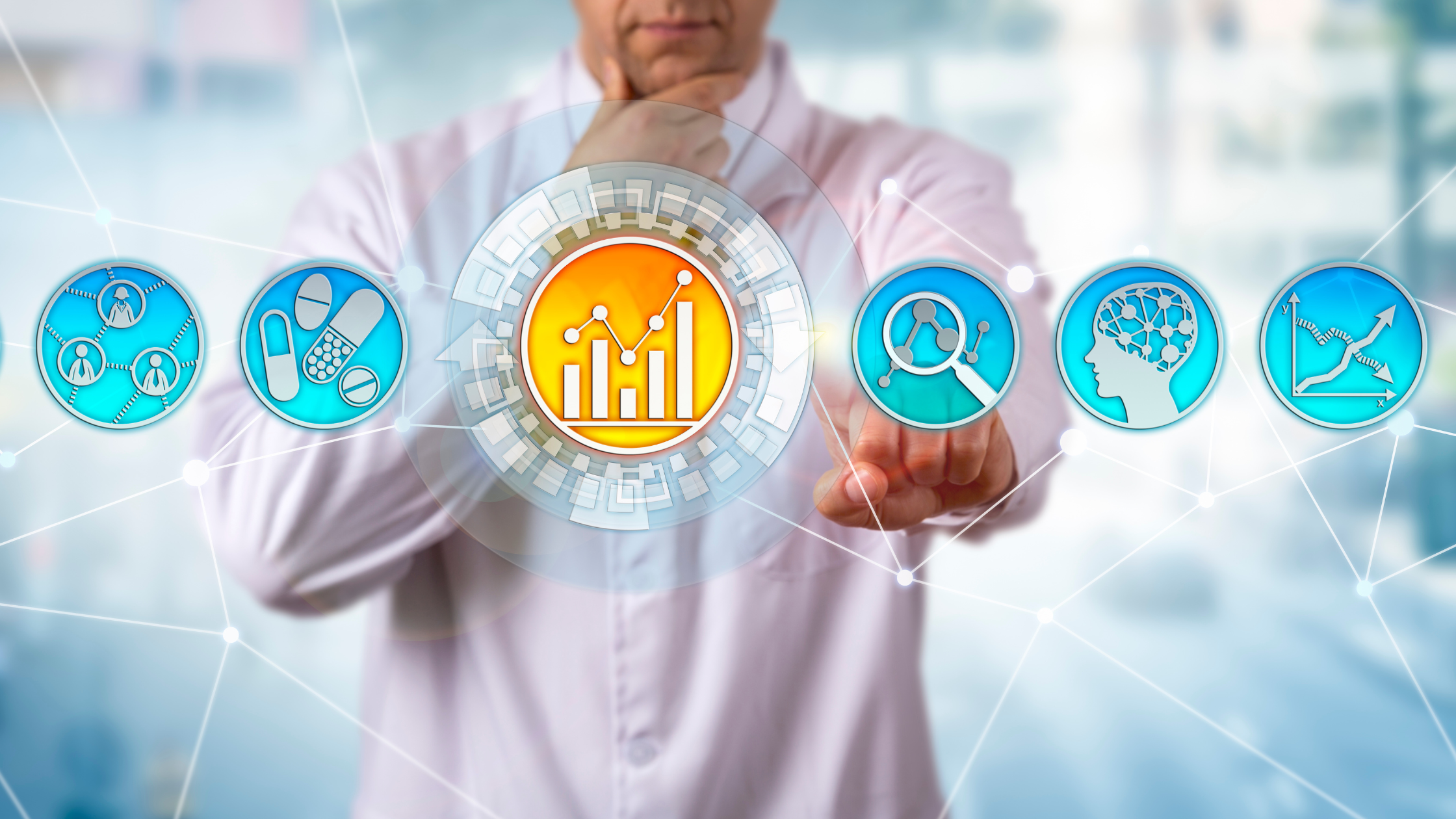Understanding Predictive Analytics in Healthcare
Predictive analytics in healthcare involves using AI algorithms and machine learning techniques to analyze large datasets. Moreover, this analysis can predict outcomes, identify risk factors, and foresee patient needs. Also, it extends from forecasting disease outbreaks to personalizing patient care plans.
The Impact of AI-Driven Predictive Analytics:
Enhanced Patient Outcomes:
-
- Risk Assessment: AI algorithms analyze historical data to identify patients at high risk of chronic diseases or readmission. Additionally, this enables healthcare providers to intervene earlier with preventive measures.
- Personalized Treatment Plans: AI helps tailor patient-specific treatment plans by analyzing past treatment outcomes and improving their effectiveness.
Operational Efficiency:
-
- Resource Allocation: Predictive models forecast patient inflow, helping hospitals allocate resources more efficiently.
- Inventory Management: AI predicts the demand for medications and supplies, reducing waste and ensuring availability.
Cost Reduction:
-
- AI-driven analytics can significantly reduce healthcare costs by preventing hospital readmissions and optimizing treatment plans.
Case Studies:
- Hospital Readmission Prediction: Hospitals are using AI to predict the likelihood of patient readmission. Thus, this allows them to provide targeted care, reducing readmission rates and associated costs.
- Disease Outbreak Prediction: AI models have been instrumental in predicting disease outbreaks, enabling healthcare systems to prepare and respond effectively.
Challenges and Considerations:
While the benefits are clear, implementing AI in healthcare comes with challenges. For instance, data privacy, ethical concerns, and the need for accurate, bias-free algorithms are pivotal considerations. Additionally, integrating AI into existing healthcare systems requires a careful approach to ensure seamless operation.
The Future of Predictive Analytics in Healthcare
The potential of AI in healthcare is vast. Additionally, future advancements may include more sophisticated AI models for early disease detection, integrating genomics for personalized medicine, and enhancing remote patient monitoring. Therefore, as AI technology evolves, its application in healthcare promises to become more innovative and impactful.
Conclusion
Predictive analytics, powered by AI, is reshaping the healthcare industry. Also, anticipating patient needs offers a proactive approach to healthcare, leading to better patient outcomes, operational efficiency, and cost savings. Finally, as this technology continues to evolve, its role in healthcare is set to expand, marking a new era in patient care and management.

